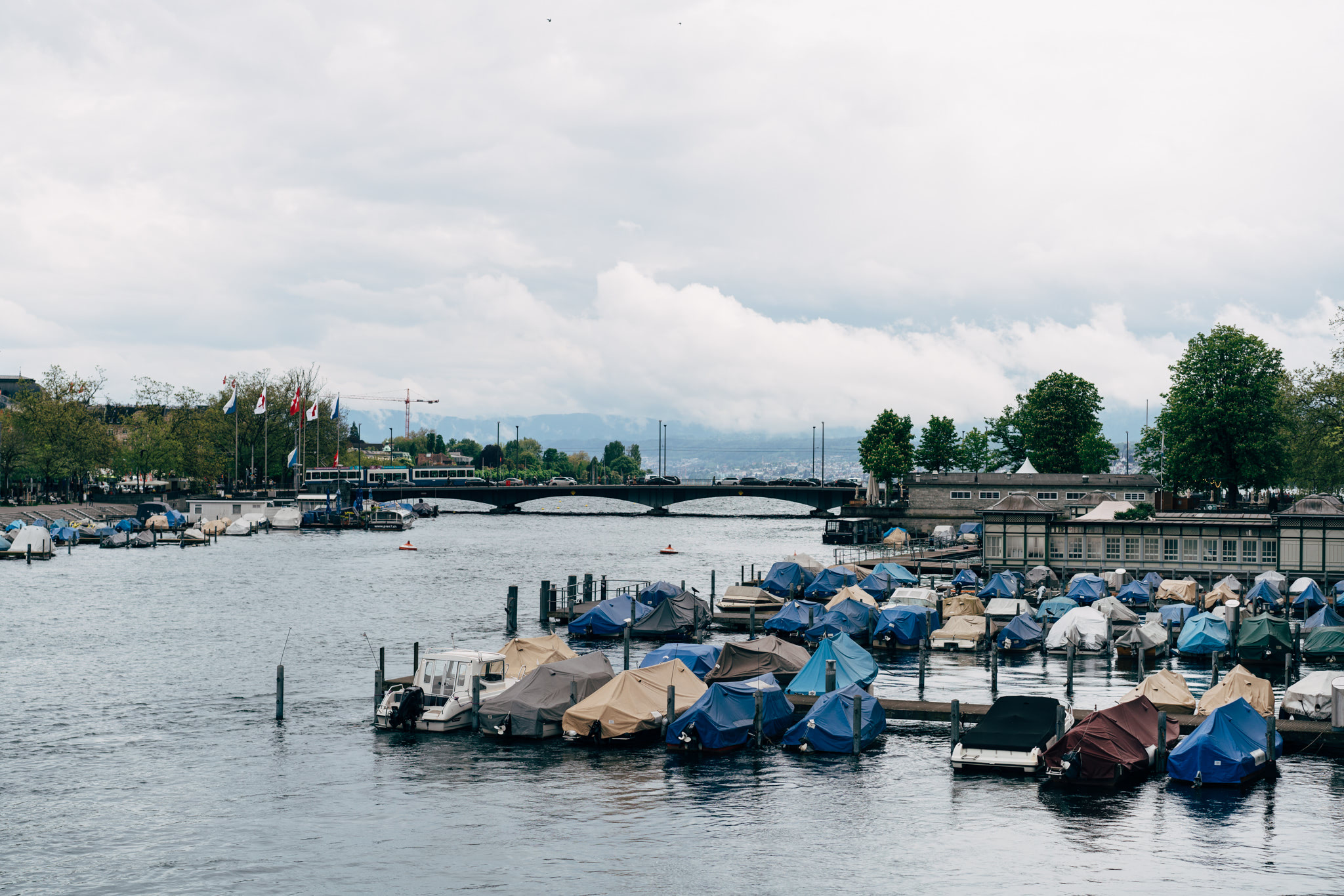Located in the core of Europe, Switzerland is a landlocked country surrounded by Italy, France, Germany, Austria, and Liechtenstein. Its terrain is predominantly mountainous, with the iconic Alps accounting for roughly 60% of its landmass.
Switzerland has a rich history, playing a significant role in Europe’s cultural and political landscape. Despite its status as a neutral nation, Switzerland has been a pivotal intersection for many countries. The Swiss Confederation, established in 1291, is among the oldest existing republics globally. Its neutrality allowed it to stay out of many European conflicts, but it still had an impact on and was influenced by the nations around it.
The culinary culture of Switzerland is as varied as its topography, echoing the gastronomic traditions of its neighboring countries, including Germany, France, and Italy. Swiss cuisine typically offers hearty, comforting meals.
Fondue, a dish internationally linked to Switzerland, consists of a pot filled with melted cheese where pieces of bread are dipped using elongated forks. Another well-known Swiss dish is raclette, a type of semi-hard cheese that is melted and then scraped over potatoes, pickles, and onions.
Swiss surnames often trace back to the historical occupations, geographical regions, and patrynomic traditions of its citizens. The most prevalent surnames in Switzerland are Müller (miller), Meier (farmer), and Schmid (smith). However, due to the multilingual nature of the country, regional variations can be found, reflecting the country’s rich linguistic and cultural heterogeneity.

